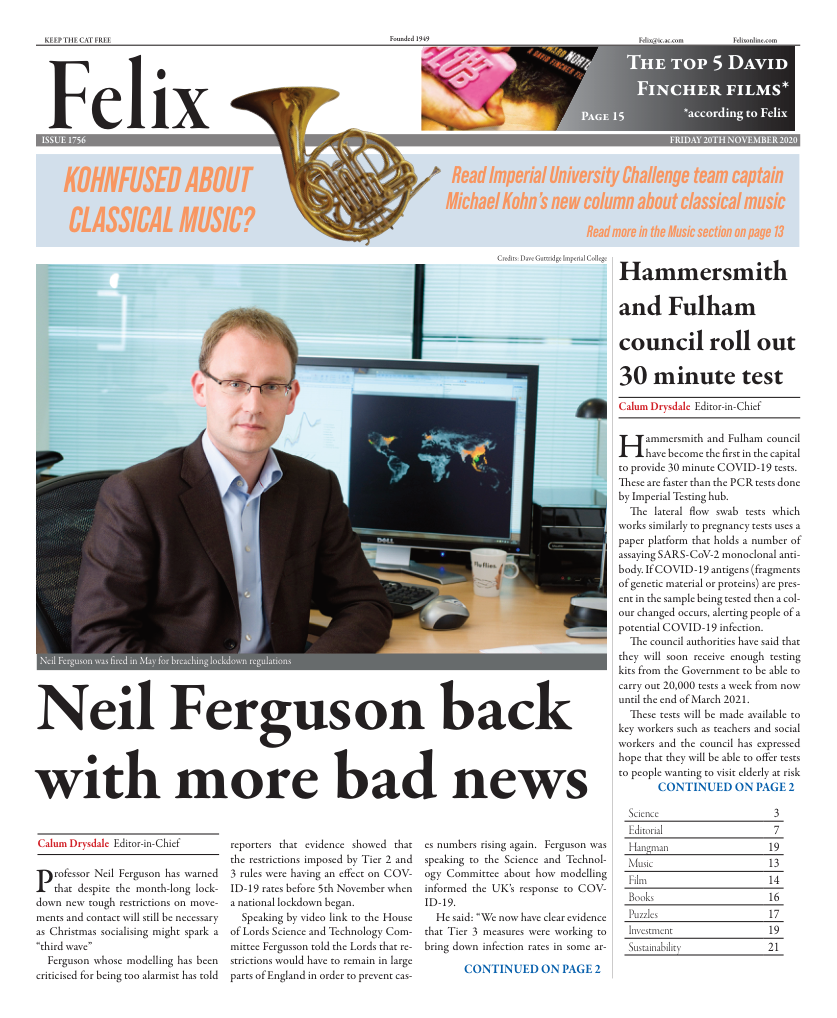Rolls-Royce announces plans for 16 mini nuclear plants
Science editor Lily Shepard reports on the trend towards modular, smaller reactors that could rapidly boost nuclear power output
The engineering giant announced a consortium with the National Nuclear Laboratory and construction firm Laing O’Rourke to build 16 “small modular reactors” (SMRs).
The consortium, known as UK SMR, were awarded £18m by the UK Government in 2019 to design SMRs and are now asking for a further £217m for the next stage of the project. Prime Minister Boris Johnson is expected to announce at least £200m for the project as part of a larger green plan for economic recovery.
The UK currently gets around 20% of its electricity from seven nuclear sites, all of which are owned by EDF Energy. However, six of these seven sites are due to go offline by 2030. EDF are constructing two new reactors at Hinkley Point C, and are expected to be given the green light for two further reactors at Sizewell C soon. But there will still be a reduction in the nuclear energy supply without further action.
20% of UK electricity comes from just seven nuclear sites
Rolls-Royce and their partners claim that the use of SMRs will significantly reduce the cost of construction. Each nuclear plant would be built from a set of “modules” made in factories and then transported to the site for assembly, turning nuclear power plant construction into something like life-size Lego. They also argue that this will increase safety, as making lots of smaller modules will mean that there is greater opportunity to practice construction and learn from mistakes.
Like most new nuclear projects, UK SMR are facing criticism, with environmental groups such as Greenpeace questioning why this investment is not being directed towards renewable energy, which would not pose the same risks associated with radioactive materials. Others are sceptical about whether the short time scale for construction and low cost are actually achievable.
That being said, the project is projected to create thousands of jobs over several decades, and while nuclear energy is certainly not perfect, it has a much lower carbon footprint than the fossil fuels that make up the majority of the UK energy mix.







